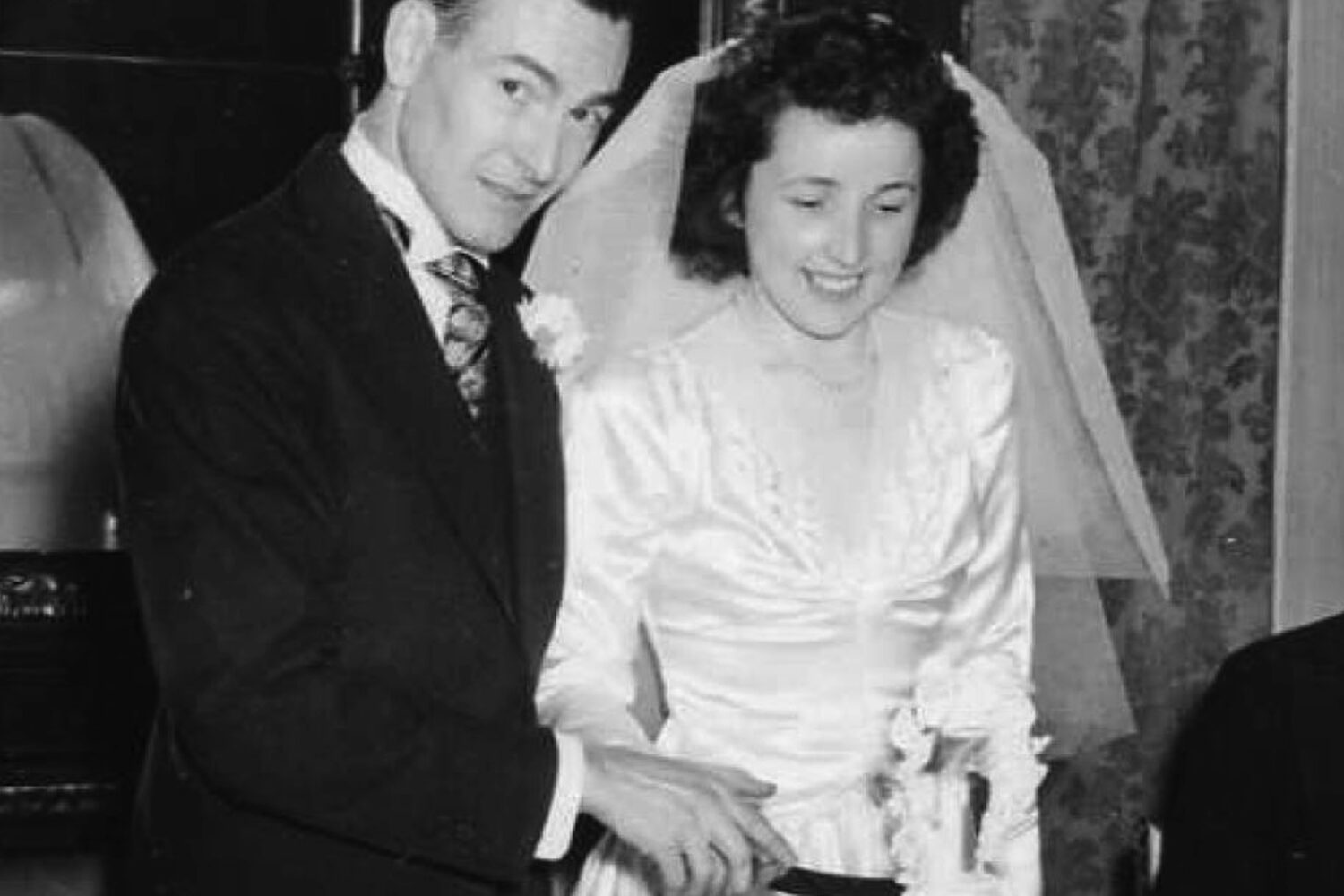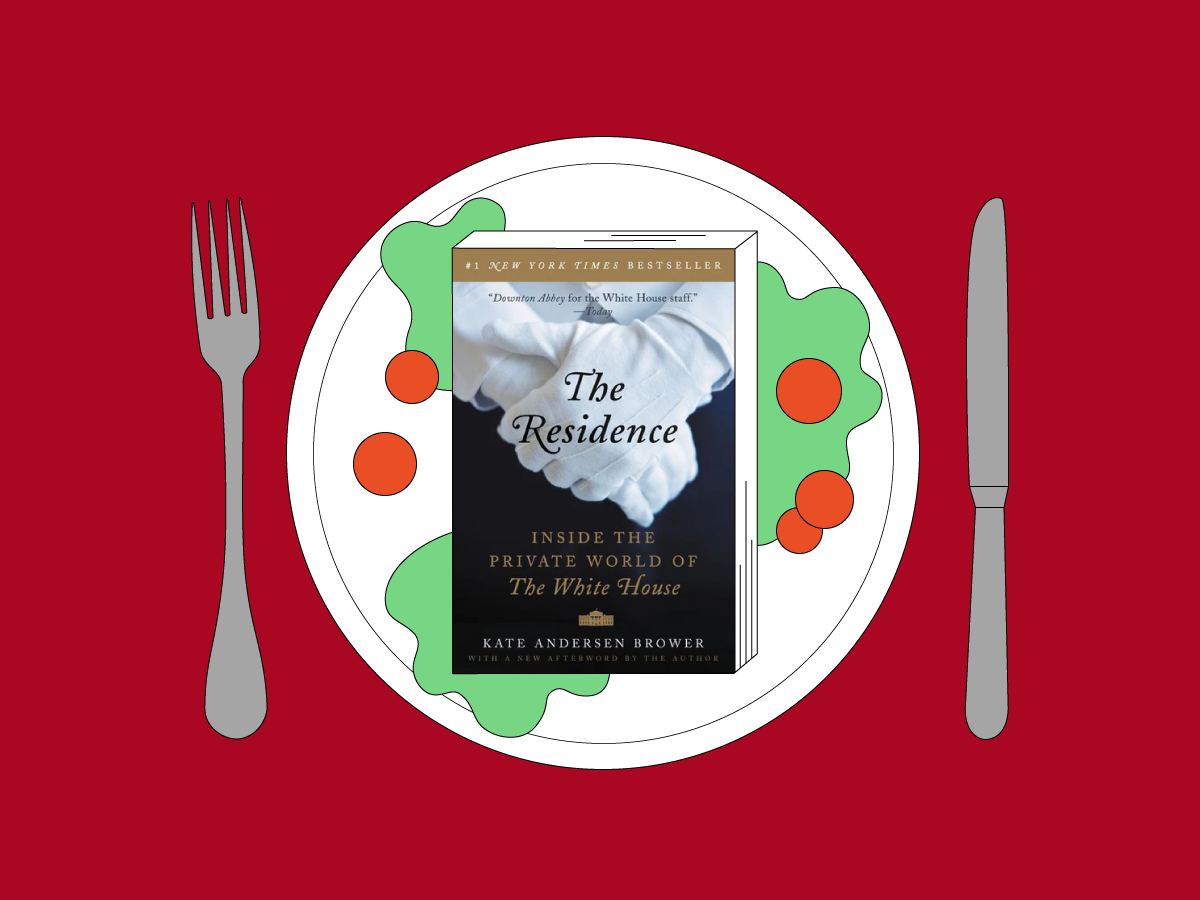Since its debut in late March, Netflix’s crime thriller “The Night Agent” has risen to the top spot on the streaming service’s most popular list and already secured a green light for a second season. The show follows low-level FBI agent Peter Sutherland, who mans the emergency phone line (?) in the basement of the White House (??) used by the bureau’s secretive Night Agent program (???).
One evening, Peter receives a call from former cybersecurity CEO Rose Larkin, who just witnessed the murder of her FBI-affiliated aunt and uncle. Peter is assigned to protect Rose, and the pair eventually team up to solve a DC Metro bombing and unravel a vast conspiracy at the highest levels of government. Violence, murder, plot twists, and romance—what do you mean there’s only one bed?!—ensue.
As enjoyable as the show is, it’s impossible to watch some of its entertaining-but-illogical scenarios and not wonder if Peter is actually, well, kind of terrible at his job. To get some expert perspective, we talked to retired FBI agent John Woodill, who worked for 21 years as both a special agent and a supervisor and helpfully agreed to watch some episodes of the show. Here’s what he had to say:

You’ve seen the pilot episode, “The Call.” The show begins with Peter, the lone employee manning the Night Agents’ emergency phone line, answering a distress call from Rose. After talking her out of danger, he’s assigned to protect Rose in case her aunt and uncles’ killers come back for her. Realistically, would the FBI assign the phone-operating agent to suddenly protect a witness in the field?
There are always heroic individuals working on behalf of the country. Whether they work for the FBI, or the Secret Service, or for any numerous organizations, it’s always a team effort. So the construct that there’s a single person, with very little, almost no experience, working somewhere like the White House, handling these enormous responsibilities, I think is more than a little unrealistic. Typically, people with experience would be handling critical matters.
As far as whether the person who is protecting someone would necessarily answer phones, I don’t know. Anyone can do anything, I suppose. But the point is that someone who is very new at his job suddenly being thrust into something of such great proportions doesn’t seem to make much sense. It’s unlikely that [Peter] would take all those matters into his own hands. And no matter how heroic he needs to be, or thinks he ought to be, that is not the way life usually evolves.
Following his assignment to take Rose somewhere certifiably safe, Peter immediately swings by his own apartment to grab some things. He even allows Rose to borrow his ex-fiancé’s clothes. That’s gotta be breaking some protocol, right?
Right. His desire to help someone in need and to put himself in danger is something lots of people can relate to, especially if they are public servants. But there are things that are professionally done. And there are rules to be followed for a reason. Involving something very sensitive into one’s personal life is probably not a good idea for anyone.
Later on, Peter takes Rose to a safe house of his choosing that is, in fact, just a place his friend rents out on Airbnb. Again, not ideal, correct?
Anytime the federal government has to protect someone of great importance, there are already mechanisms in place that require a great deal of effort and coordination and security. Doing something off-handed like that would never happen. Anyone taking matters into his own hands, involving his personal life and his personal resources, and places belonging to a friend or a friend of a friend—that’s never a good idea. That’s probably not the safest way to work.
Peter is given explicit instructions not to tell Rose about anything that’s going on. After Rose presses him for a cumulative 20 seconds of dialogue, he gives in and reveals everything about the Night Agent program to her. In real life, what could we expect to happen to Peter over this massive security breach?
Across the entire federal government landscape, [people] take their security clearances and any secrecy related to that very seriously. For drama’s sake, for a script, the big reveal is always important. But that is usually a dangerous thing to do. It puts programs and most importantly lives in jeopardy. It’s not a helpful tactic for anyone to undertake. From recent investigations and real world headlines, those who leak information are pursued and found—as we saw even in recent weeks, with a number of online documents from the military revealed inappropriately.
Peter goes on to involve Rose fully in the investigation into her family’s deaths, the DC Metro bombing, and the White House mole. What do you think about Rose, a civilian, being involved in this FBI case?
It’s important for the plot to have interesting characters who are savvy, who show their bravery when they’re under stress. Even though she has suffered through some serious events, she manages to dig deep and find that steeliness that’s necessary to help. But apart from the need to create her character in the script, people who need protection are there to be protected. The best thing to do is let the investigation remain with the professionals.
Later on, Peter discovers that his boss and White House confidant, Chief of Staff Diane Farr, is involved with the administration’s mole. Upon this discovery, Peter goes rogue—deciding he can only trust Rose. In real life, how should an FBI agent have handled that?
There are always processes, means in place for people to safely turn and report issues they think are of security concern. Even official whistleblower programs that offer protection. In a TV series, it’s more exciting to find out he has no one to support him, no one to trust, and he can only rely on his own wits. And for the sake of the drama, you wonder if this ties back into something deep in Peter’s life—that of his father. The way his father’s evolved, the way his father’s career ended, and what that means to him and his need to have to act independently. Not to give anything away, but we see how that evolves as the series ends.
A major plot point in the show is that Peter’s father is infamously suspected of providing information to foreign spies. Despite these very public allegations, Peter joins the FBI. Would the FBI ever really hire the son of someone who committed treason?
I think it’s important to remember that people who meet the basic criteria, perform well, pass the tests, and want to serve their country are judged individually. Sure, there are always background investigations, suitability investigations, but people are judged on their individual merits. I think that’s what counts. Many people serve the country in secure positions. Invariably, there will be people related to others who may have broken the law. But that doesn’t necessarily negatively reflect on that individual who wants to take on that role and serve his or her country.
Will you be watching season two?
Eh, maybe just to see what it is. Everyone who works in public safety or in security, many people watch these same shows. They’re fun to watch. We all know what’s real and what isn’t, and if it’s good drama people will watch good drama. But the double edge of that experience is, [because] you know after a while what isn’t true and what is, and sometimes it becomes so far-fetched that it’s tough to watch. So, we’ll see.


















